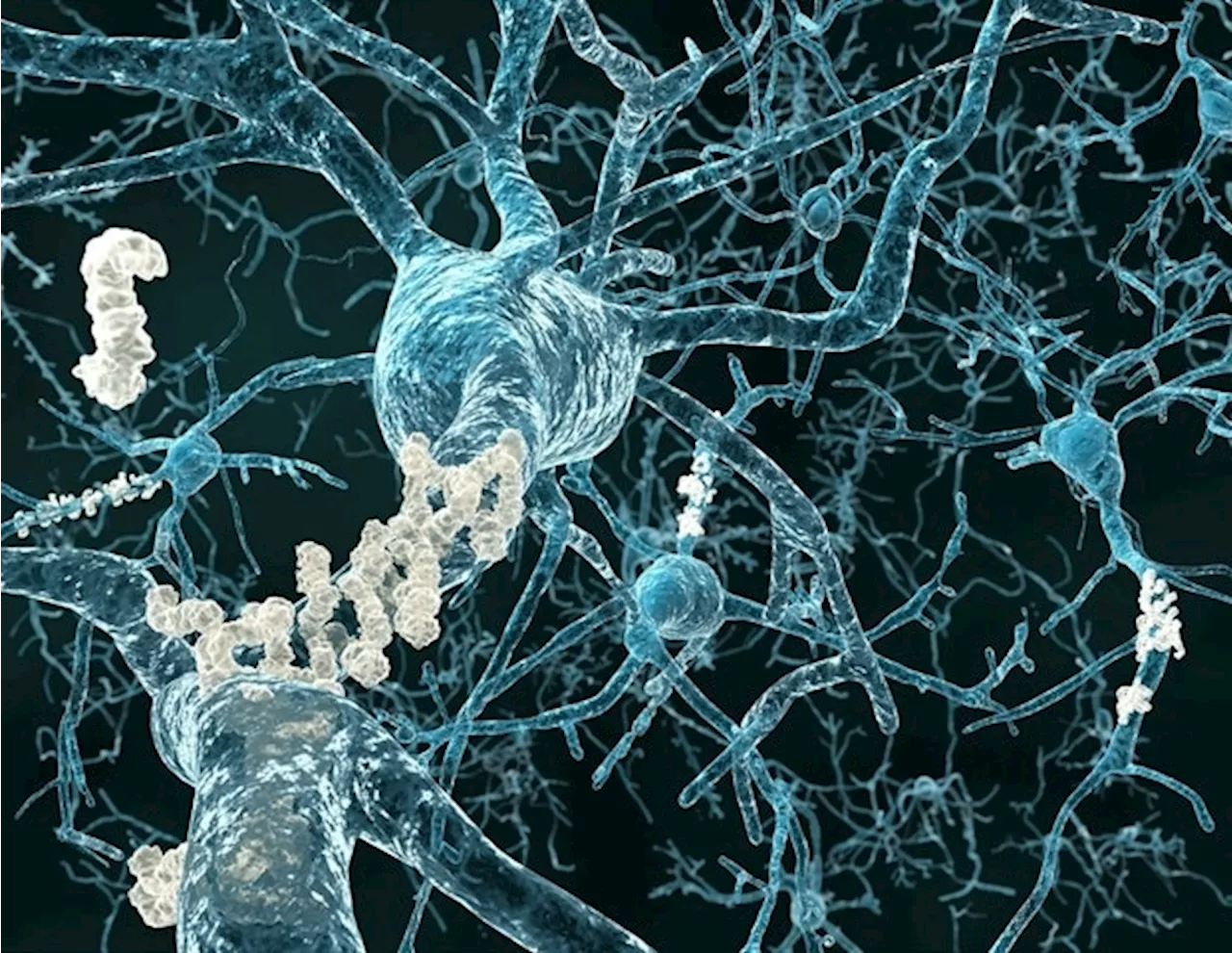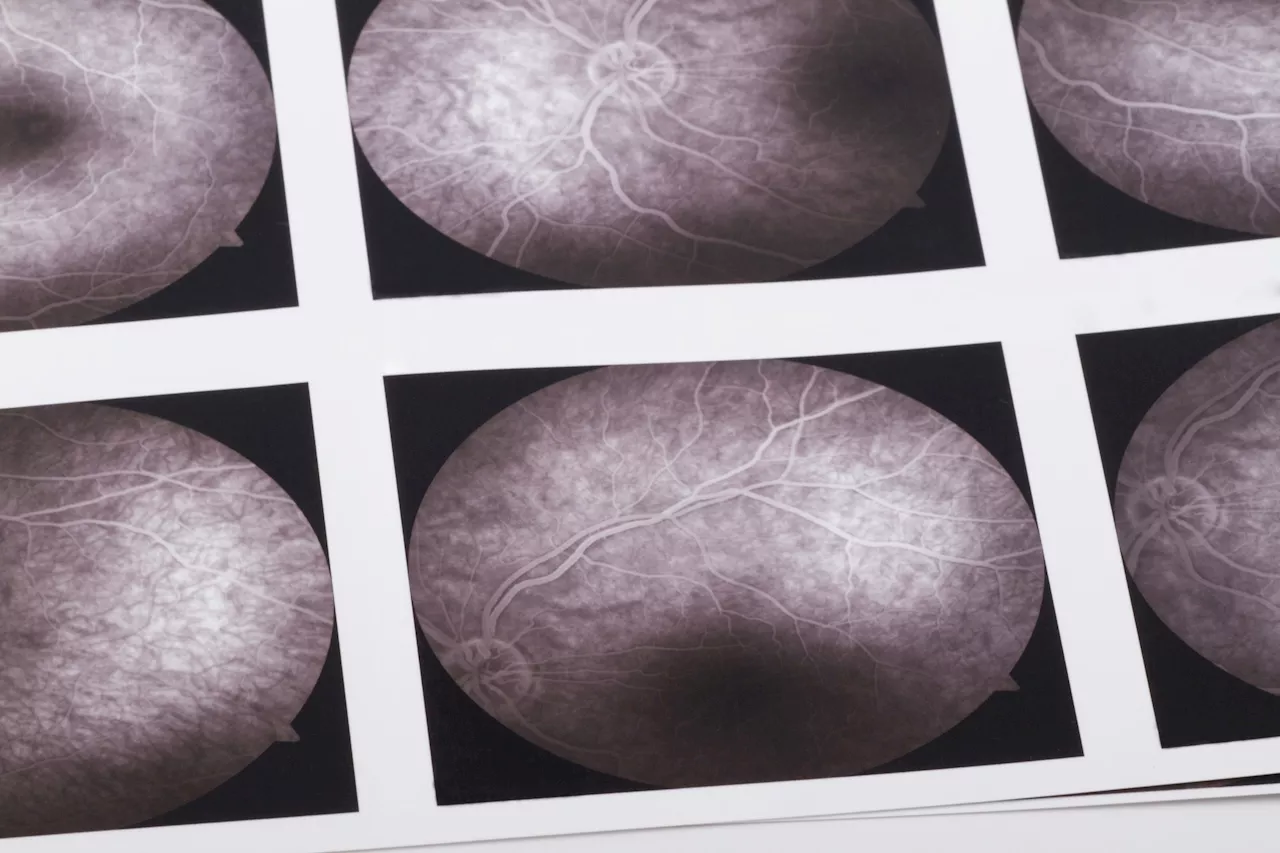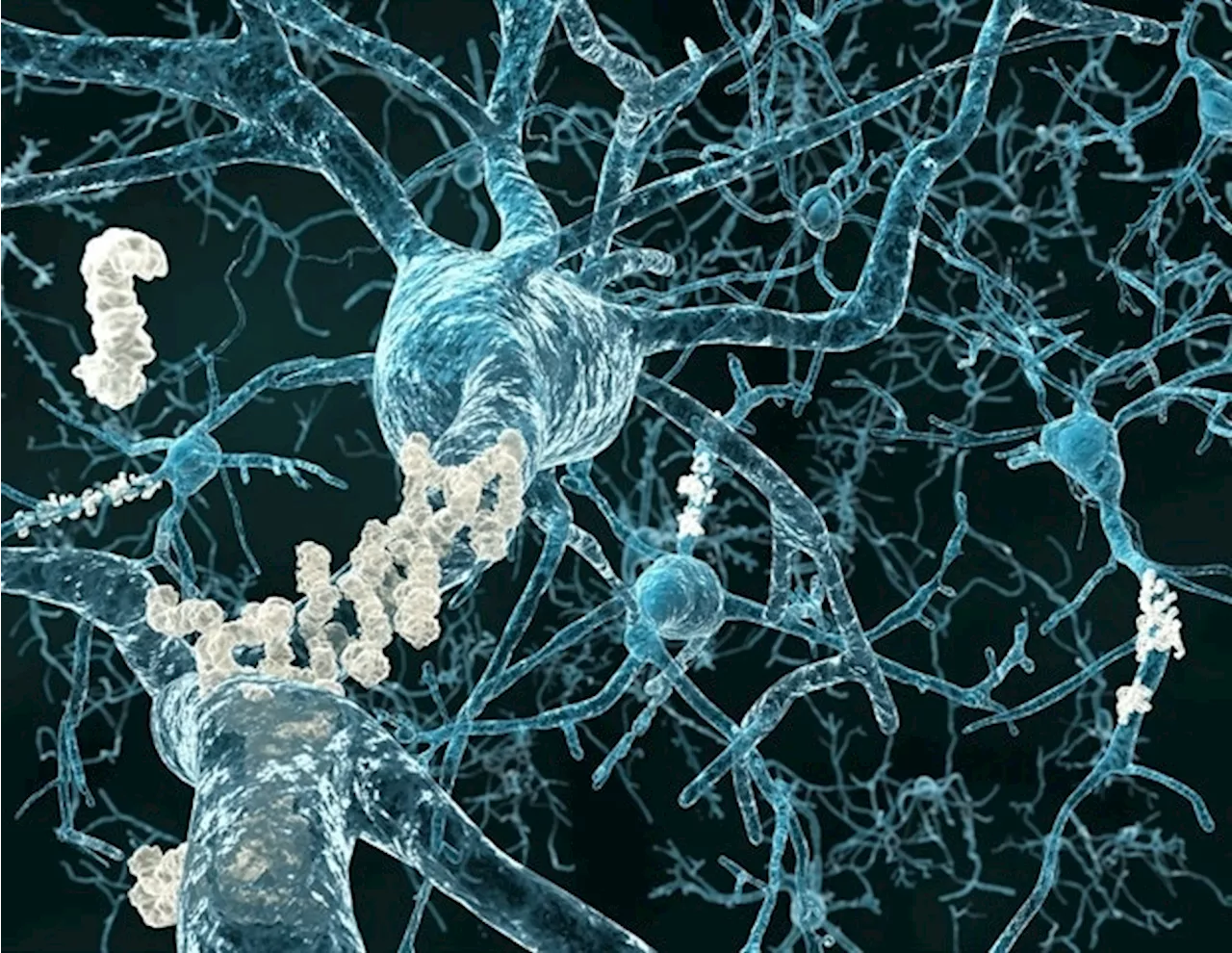Alzheimer's disease affects more than 50 million people worldwide, often devastating both the individuals who have it and their families and loved ones.
Acoustical Society of AmericaNov 20 2024 Alzheimer's disease affects more than 50 million people worldwide, often devastating both the individuals who have it and their families and loved ones. It has no known cure, and the slow, progressive nature of the disease makes early diagnosis difficult.
People with Alzheimer's exhibit a loss of motor control along with cognitive decline. One of the earliest signs of this decay can be spotted in involuntary eye movements known as saccades. These quick twitches of the eyes in Alzheimer's patients are often slower, less accurate, or delayed compared to those in healthy individuals.
"We are using a device called a hearable," said Boutros. "It is an earpiece with in-ear microphones that captures physiological signals from the body. Our goal is to develop health-monitoring algorithms for hearables, capable of continuous, long-term monitoring and early disease detection."
Ear Eye Language Research Running Technology
United Kingdom Latest News, United Kingdom Headlines
Similar News:You can also read news stories similar to this one that we have collected from other news sources.
 Grant awarded to build a portable PET scanner for early Alzheimer's detectionWeill Cornell Medicine researchers have received a five-year $6.2 million grant from the National Institute on Aging, part of the National Institutes of Health, to build a portable, high-resolution Positron Emission Tomography (PET) scanner that can detect the earliest stages of Alzheimer's disease.
Grant awarded to build a portable PET scanner for early Alzheimer's detectionWeill Cornell Medicine researchers have received a five-year $6.2 million grant from the National Institute on Aging, part of the National Institutes of Health, to build a portable, high-resolution Positron Emission Tomography (PET) scanner that can detect the earliest stages of Alzheimer's disease.
Read more »
 Early Alzheimer's detection could be noticing one thing during your showerAlzheimer's disease is the most common cause of dementia and gradually damages memory and cognitive abilities - but there are signs the condition could be spotted early
Early Alzheimer's detection could be noticing one thing during your showerAlzheimer's disease is the most common cause of dementia and gradually damages memory and cognitive abilities - but there are signs the condition could be spotted early
Read more »
 AI model analyzes retinal images to detect early Alzheimer’s disease and cognitive declineResearchers developed an AI-based deep learning model that uses retinal images to detect early-stage Alzheimer's disease and mild cognitive impairment with high accuracy, offering a noninvasive, cost-effective screening tool.
AI model analyzes retinal images to detect early Alzheimer’s disease and cognitive declineResearchers developed an AI-based deep learning model that uses retinal images to detect early-stage Alzheimer's disease and mild cognitive impairment with high accuracy, offering a noninvasive, cost-effective screening tool.
Read more »
 MHRA greenlights donanemab for early stage Alzheimer’s diseaseThe Medicines and Healthcare products Regulatory Agency (MHRA) has today, 23 October 2024, approved a license for the medicine donanemab (Kisunla) for use in the early stages of Alzheimer’s disease, following a thorough review of the benefits and risks.
MHRA greenlights donanemab for early stage Alzheimer’s diseaseThe Medicines and Healthcare products Regulatory Agency (MHRA) has today, 23 October 2024, approved a license for the medicine donanemab (Kisunla) for use in the early stages of Alzheimer’s disease, following a thorough review of the benefits and risks.
Read more »
 First signs of dementia you might notice while making breakfastAn early sign of Alzheimer's disease could be when you are making breakfast
First signs of dementia you might notice while making breakfastAn early sign of Alzheimer's disease could be when you are making breakfast
Read more »
 C-Path announces important leadership appointments in neurology and Alzheimer's researchCritical Path Institute (C-Path) today announced key leadership appointments: Diane Stephenson, Ph.D., has been promoted to Vice President of Neurology, and Nadine Tatton, Ph.D., has been welcomed as the new Executive Director of C-Path's Critical Path for Alzheimer's Disease (CPAD) Consortium.
C-Path announces important leadership appointments in neurology and Alzheimer's researchCritical Path Institute (C-Path) today announced key leadership appointments: Diane Stephenson, Ph.D., has been promoted to Vice President of Neurology, and Nadine Tatton, Ph.D., has been welcomed as the new Executive Director of C-Path's Critical Path for Alzheimer's Disease (CPAD) Consortium.
Read more »
